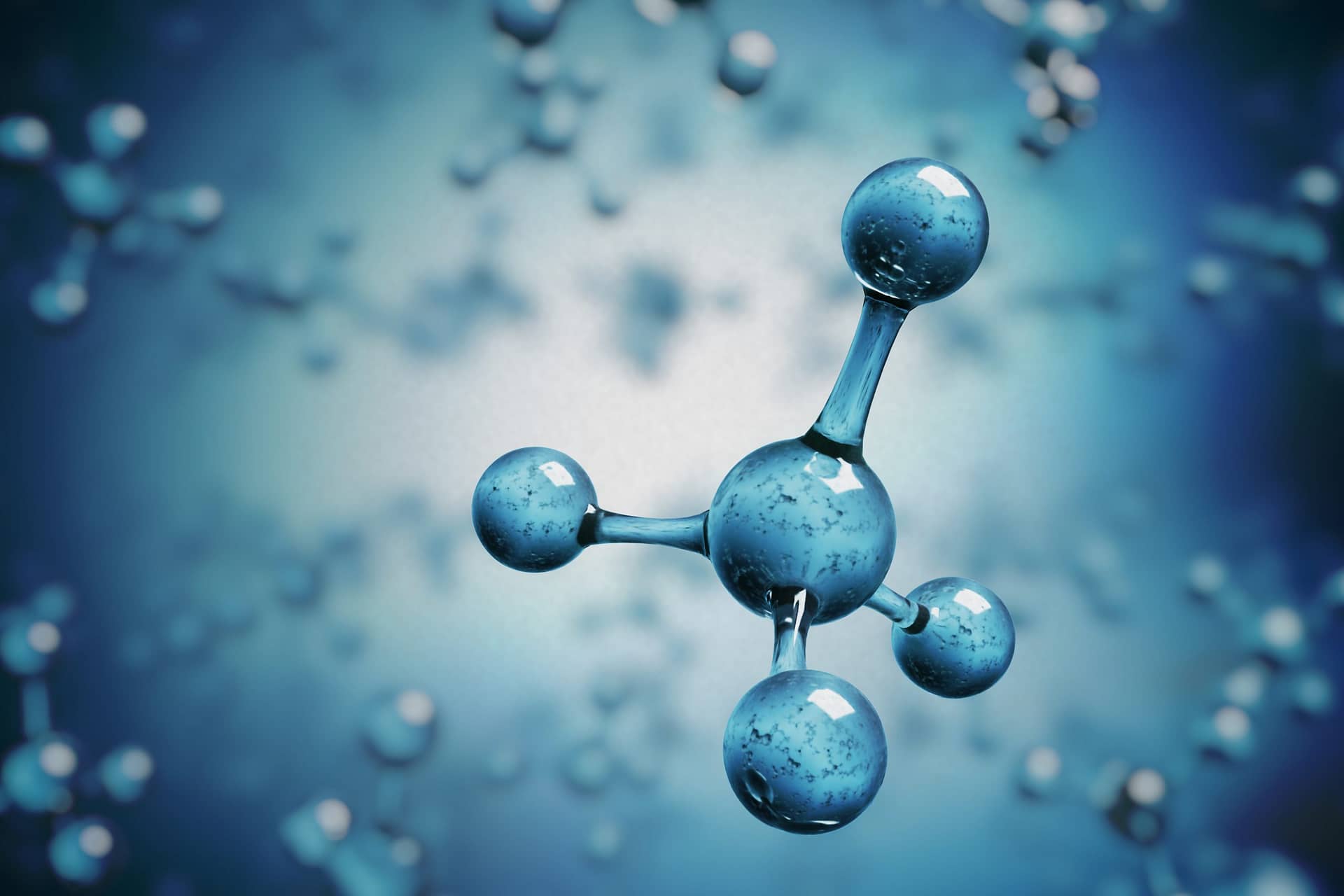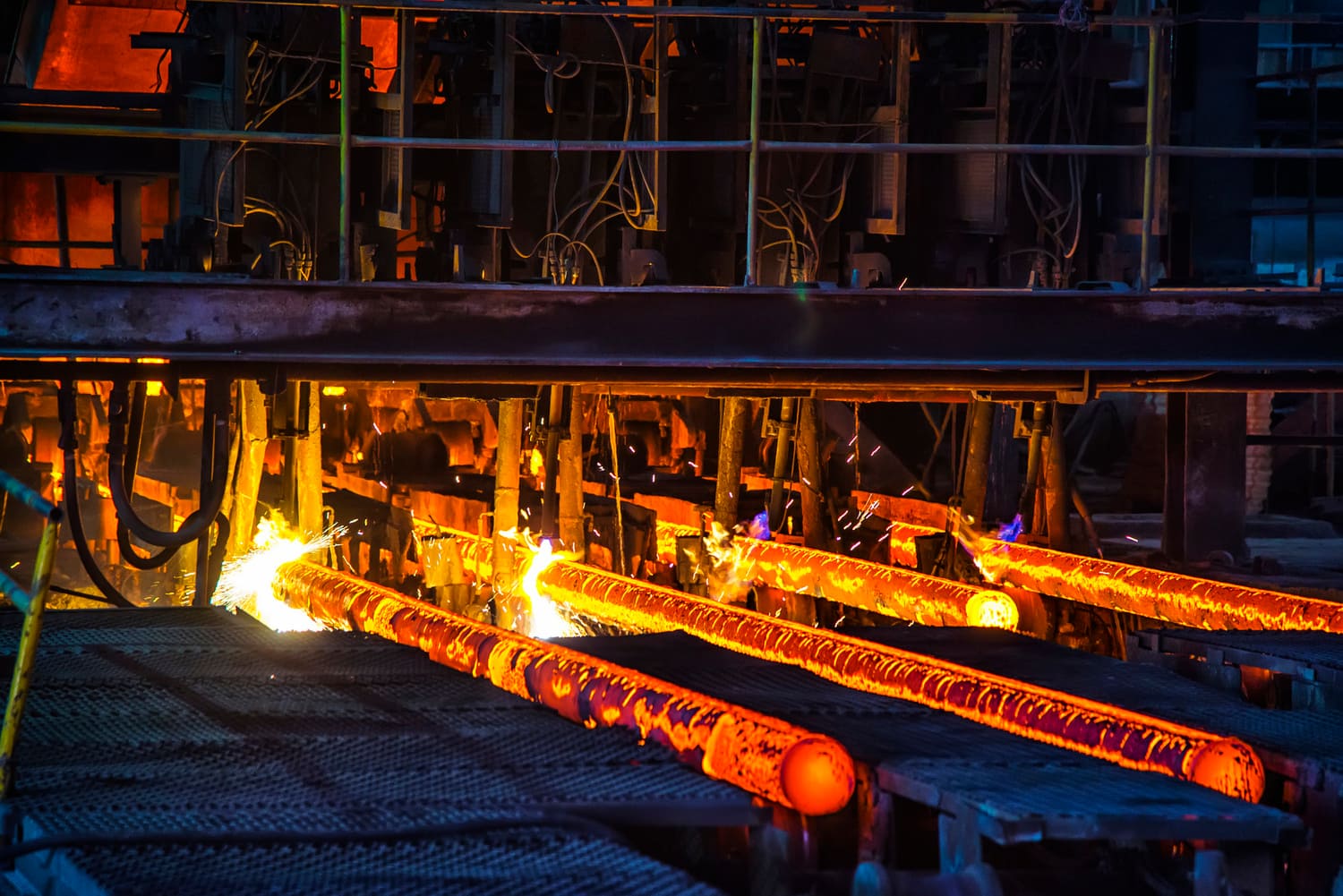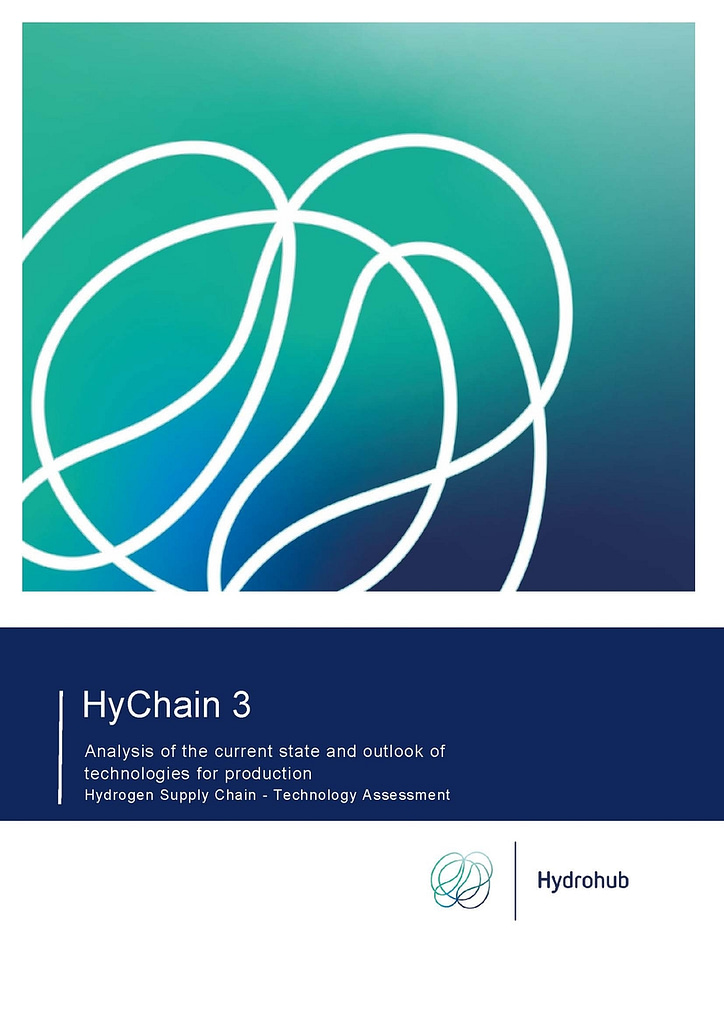Hychain: Analysis of hydrogen technologies for production
Improving the implementation of green hydrogen by evaluating supply chain technologies for industrial production and manufacturing.
Hydrogen supply chain technologies have great potential for accelerating the transition towards more sustainable industrial production. Metabolic collaborated with both industry and research institutions to assess technologies for the production, conversion, storage, and transportation of hydrogen. The project also explored risks and opportunities associated with some of these technologies.
- Client: HyChain Consortium
- Partners: TU Delft, Frames, Nouryon, ECN , Yara, GasUnie, Proton Ventures, OCI, Vopak, Institute of Sustainable Process Technology (ISPT)
- Date: April 2019
Carbon-neutral hydrogen for production
Clean, “green” hydrogen is an extremely promising component of a sustainable and circular economy. Hydrogen is expected to play an important role in the transition to renewable energy and environmentally-friendly transportation systems, and it also has a critical role to play in decarbonizing industry.
Hydrogen is a major industrial feedstock, and also provides an important avenue to reduce the impact of large industries. Hydrogen is required for processes that can greatly reduce the emissions of major industries such as steel, and is also a prerequisite for carbon capture and utilization (CCU).
The potential for hydrogen is massive and the demand is expected to grow, but a carbon-neutral supply chain remains expensive and difficult. Green hydrogen needs rapid innovation in both production, conversion, transportation and storage to reach a sensible price. This report aims to understand exactly how we can use existing technologies as efficiently and effectively as possible, while keeping an eye out for disruptive new technologies.
Understanding the risks and opportunities of existing technologies
The project partners worked together to examine 59 technologies divided into five categories: production, conversion, transportation, storage, and reconversion. Key Performance Indicators (KPIs) covering environmental, social, economic, and technological aspects were used to evaluate each technology, making it possible to compare which technologies were especially suitable in each category. Qualitative information was also collected on the known potential risks and opportunities of each technology, to better inform the final assessment.
Informing implementation decisions
This report provides industry with a resource to evaluate, compare and understand hydrogen technologies. The associated database and fact sheets make it possible to easily compare the 59 technologies, making knowledge and implementation on green hydrogen increasingly accessible. This creates a helpful framework to understand which technologies are suitable for different needs. It is always worth keeping an eye out for technologies that make sudden breakthroughs, and could potentially distort the current market.




”Green hydrogen is a key requirement for producing feedstocks for industry from solid waste, biomass, or waste gas. This means that hydrogen is a prerequisite for carbon capture and utilization (CCU) and enables a large-scale shift away from fossil fuels. Working together collaboratively to identify and scale up low-impact technologies for a green hydrogen supply chain is necessary to address one of the largest challenges that industry faces today.”
Erin Kennedy, Senior Consultant at Metabolic
Director of Product – Metabolic Software
ANY QUESTIONS?
For more information about this project, please get in touch.






